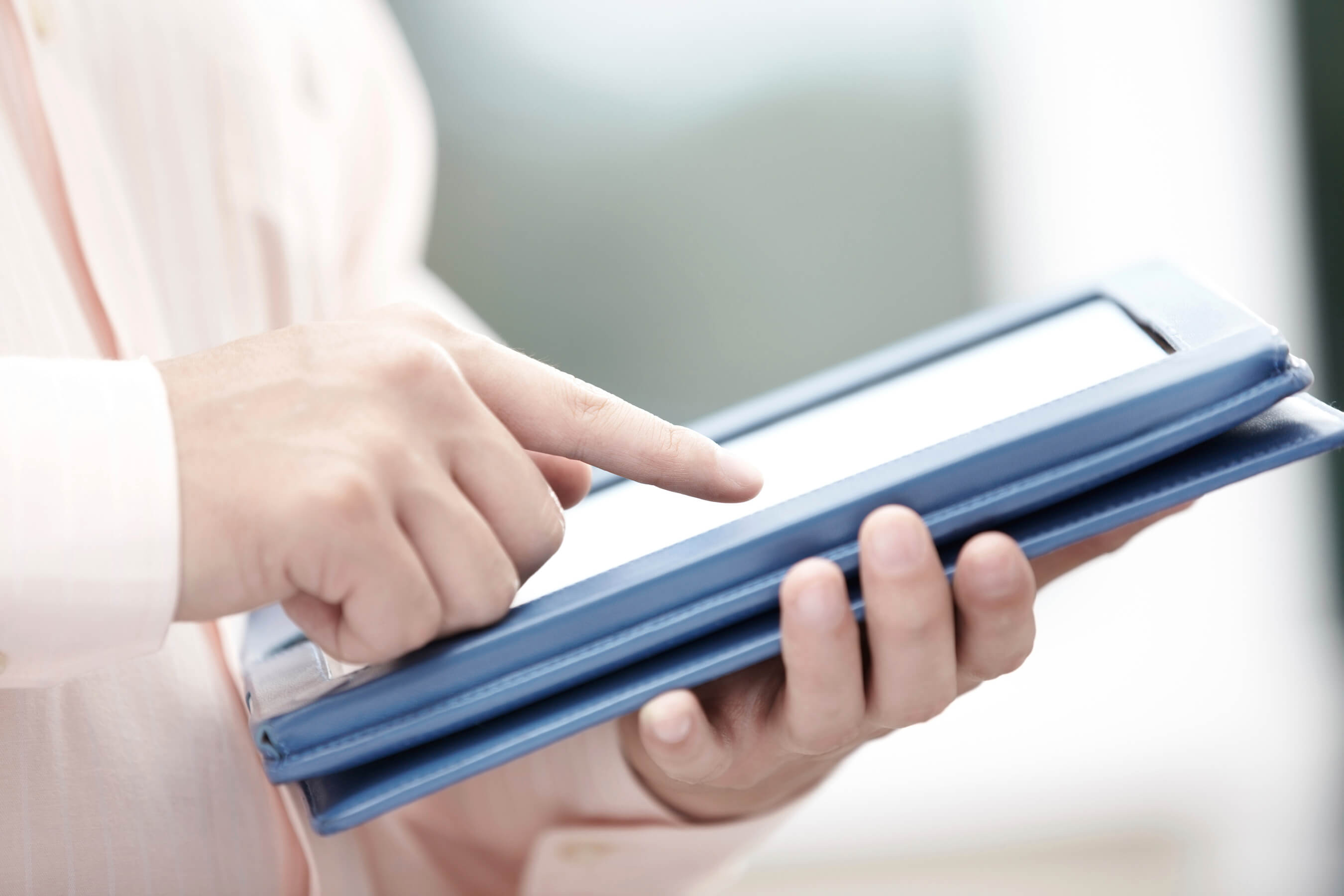Experts point out that this financial readiness will vary, depending on whether the house is in the affordable segment or luxury segment. It will also depend, on whether you are buying as an end-user or as an investor.
Financial prerequisites
Some important financial prerequisites for home buyers are:
Fulfilling the income eligibility, to procure the home loan.
Ability to pay the margin money for the home loan.
Capacity to handle the EMI and interest burden over the long term.
Managing the home loan along with other loans, such as car loan, personal loan, etc.
Financial strength to mitigate the risks and to take proactive steps, in case there is any delay in obtaining possession of the property.
A contingency fund to come out of trouble, if there is delay in possession.
Surplus funds to pay for maintenance cost, repair cost, property taxes, VAT, service tax, stamp duty and registration charges and other expenses that considerably increase the total cost of the property.
The ability to bear future expenses and financial responsibilities, such as children’s education, marriage, etc.
It is important to have a good credit score or credit history while applying for a home loan, as it makes disbursement of the loan easier. If you have applied for a large loan, it is advisable to opt for a joint loan between two applicants (for example, father and son, or husband and wife), as this will boost the income potential and eligibility for the home loan.
Surplus fund is very important
According to Parth Mehta, managing director, Paradigm Realty, marriage and home purchase, are two expenses which never work on a calculated budget.
When it comes to home buying, he cautions that “There are always unforeseen overhead expenses that are not in the control of the buyer, such as excess payment of service tax and VAT in case of delayed possession, additional interest cost in case of failure to meet the down payment as per the schedule, rental cost in case of delays in the project, processing fees of the home loan, broker’s commission fees, etc. Consequently, buyers should keep an additional buffer of over 25% of the flat’s total cost,” suggests Mehta.
Expert’s take
Experts add that buyers also need to be mentally prepared for expenses that he will have to incur, after he purchases the flat. These include various maintenance taxes, repair costs, interest on the housing loan which needs to be paid on a given date, expenses incurred for packing and shifting the items to the new house, buying new materials and renovations of the house as per the buyer’s choice. All these aspects should be taken into consideration with proper planning, in terms of finance.



